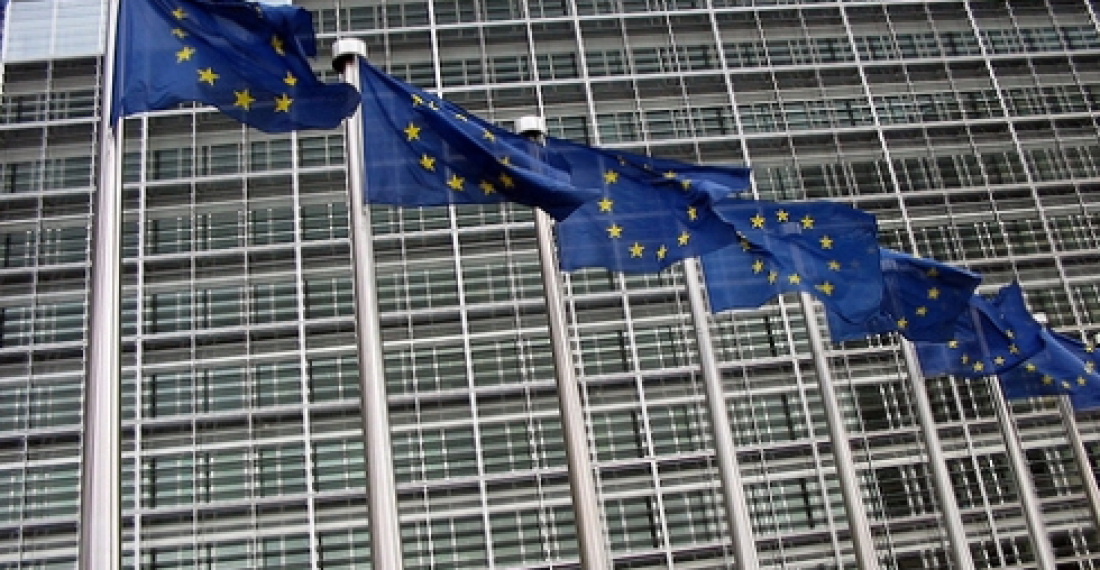The announcement that the Nobel Committee has awarded this year's Nobel Peace Prize to the European Union took many by surprise.
The EU is more often than not the subject of criticism, and even ridicule, not least from some of the leaders of its own member states.A lot of the criticism is justified. The EU's bureaucracy is far too heavy. It tramples on the world stage like an elephone, at times when the speed of a gazelle is much more appropriate. Despite all promises of a more streamlined decision making process it often gets caught into squabbles between the member states, leaving everybody else utterly frustrated. The crisis in the Euro zone over the last years has also raised questions on the very existance of the so called "European project".
However to see only this side of the EU is not right. The Union has been instrumental to maintain peace on the European continent. It has helped to bring millions of European citizens living in underdeveloped areas of the continent out of proverty through its policy of cohesion and solidarity. It has helped the countries of Eastern Europe make the transition from Communism after 1989. It has also been generally a force for good in the world. The EU has championed human rights, including freedom of speech, the abolishment of the death penalty, the fight against torture, the rights of women and gay people and other basic freedoms, first by leading with example within its borders, but also by promoting human rights world wide.
The EU has also been more ready to use soft power in its dealings with the rest of thew world than military force.
It is not a perfect record by any means, but overall it is a record of impressive achievements.
The award of the Nobel Peace prize to the EU must now do two things. It must strengthen the voice of those who want the EU to be more active in promoting human rights and the peaceful resolution of conflicts. They must use the prize as a means of holding the EU member states and institutions to account on their performance on these issues. And on their part the member states and the EU institutions must now rise to the occasion. On the eve of another round of budget negotiations funds for this work need to be ringfenced against cuts.
This is the time to celebrate Europe's success in the important areas of human rights and peaceful resolution of conflicts. It is also the time to build on these successes and map out the way forward.
source: commonspace.eu editorial team.







